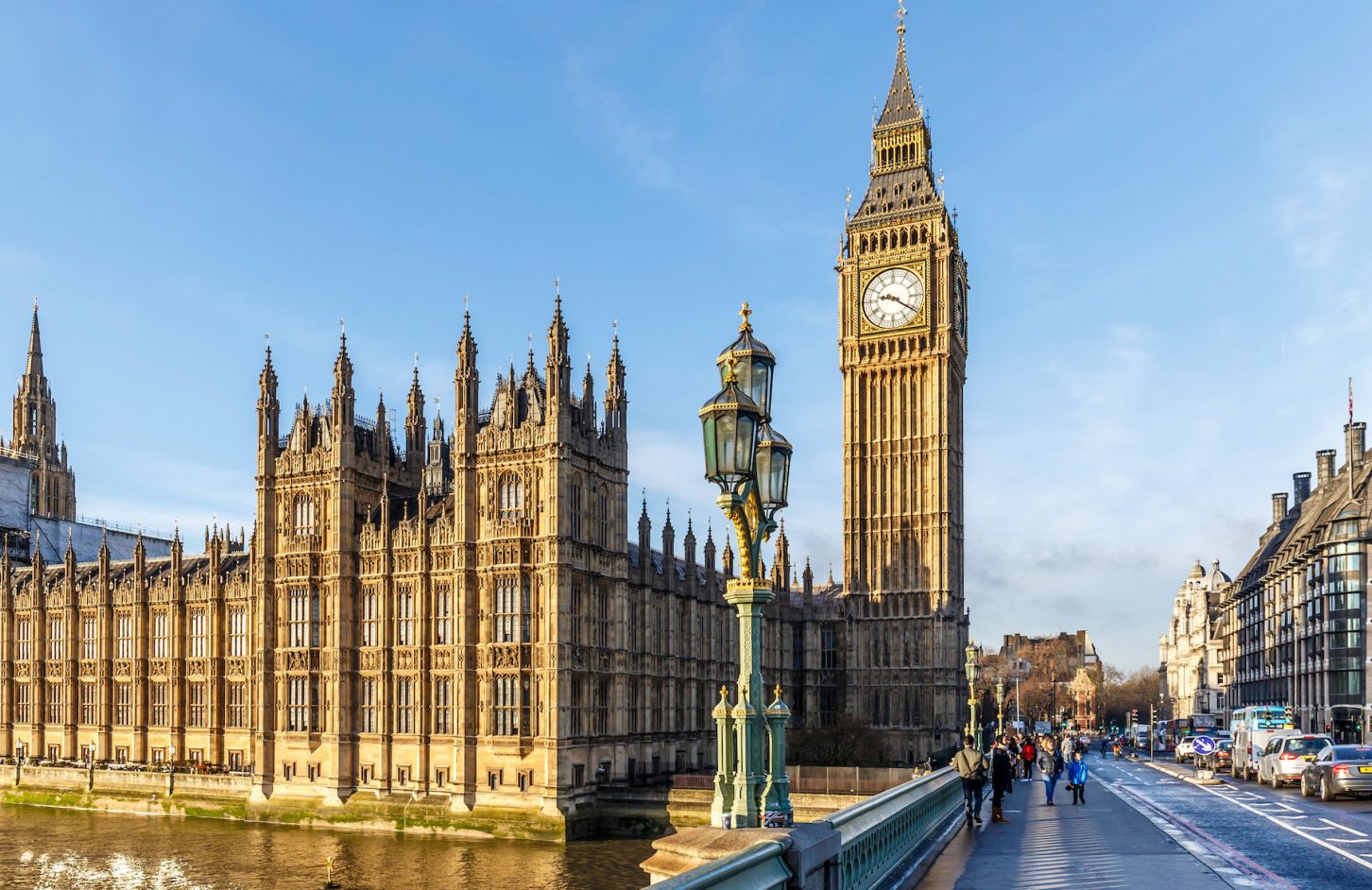The government has published amendments to the Digital Markets, Competition and Consumers Bill that will give Big Tech firms greater ability to challenge competition decisions.
The Digital Markets Bill was first proposed as a way to grant the Competition and Markets Authority (CMA) extended power to regulate tech firms over competition concerns.
Under the new amendments, eligible firms, described by the government as the “most powerful firms in dynamic digital markets”, will be able to challenge decisions from the CMA on “proportionality grounds”.
This means that Big Tech firms can dispute regulatory rulings whilst avoiding costly legal challenges.
The government said the amendments would give those tech firms the chance to block decisions they deem unreasonable, such as mergers being blocked due to competition concerns, as well as freely challenging “fines that could reach tens of billions of pounds”.
The new amendments would also allow tech firms to appeal against the level of fines based on the merit of the company in question.
Big Tech firms have had several recent high-profile clashes with the CMA over competition decisions. Microsoft’s acquisition of video game studio Activision Blizzard was initially blocked by the regulator, though was ultimately cleared after several rounds of talks. The CMA has also recently intervened in the deals involving Adobe, Google, Meta and Amazon.
According to the government, the amendments would also act as an “incentive” for the CMA to ensure it is “always acting proportionately” when dealing with such decisions.
Saqib Bhatti, the recently appointed minister within the tech department, said: “The changes we are making ensure that the regulator takes proportionate action and avoids undue regulatory burdens, while remaining accountable for decisions that will have far-reaching economic consequences.”
Tory peer Baroness Stowell last month warned in a letter to the prime minister that the UK must not ‘undermine’ the CMA for the sake of Big Tech.
Bhatti was appointed to DSIT this week replacing Paul Scully who was minister for tech and the digital economy, as part of a government shake-up by Prime Minister Rishi Sunak.
Read more: Reshuffle 2023: The ministerial shifts UK tech needs to know about

